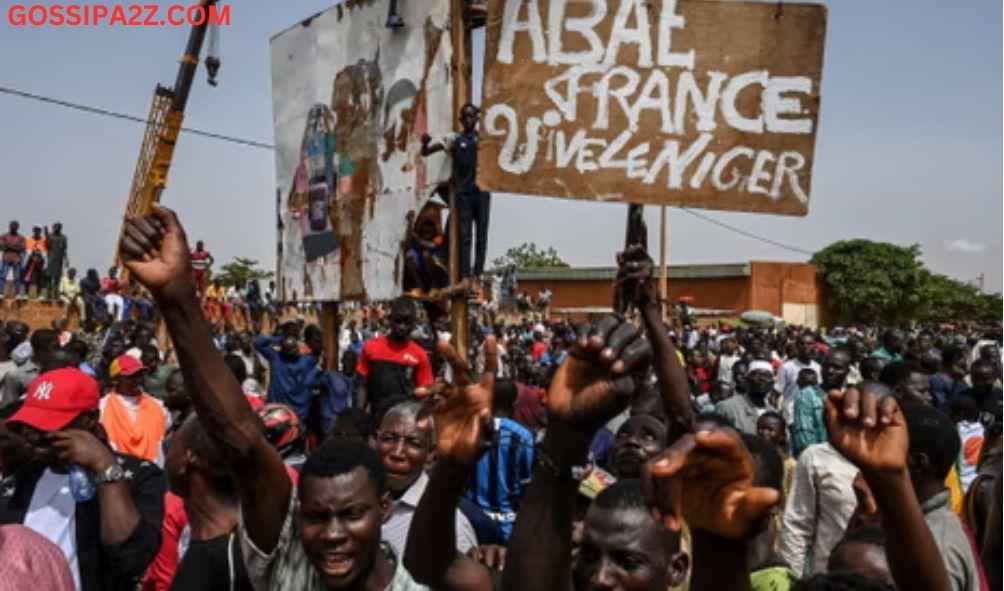2024’s Most Politically Unstable African Nations
Africa encountered significant political turbulence in 2024, marked by coups, prolonged transitions, and armed conflicts that disrupted stability across several nations.
These challenges highlight systemic issues such as poor governance, disputed elections, military overreach, and external pressures.
Despite the difficulties, resilience is evident through the proactive measures taken by regional organizations like the African Union (AU) and the Economic Community of West African States (ECOWAS), which have mediated conflicts, imposed sanctions, and advocated for a return to civilian governance.
National governments and civil society groups have also played a pivotal role in championing democracy, peacebuilding, and inclusive governance.
Hope for progress can be seen in nations like Ghana and Senegal, which have maintained democratic stability amidst regional unrest.
As 2024 concludes, attention is focused on countries like Niger, Sudan, South Sudan, and Gabon, where political upheavals illustrate both the continent’s challenges and its resilience.
Niger
Niger’s political crisis, stemming from the 2023 coup, persisted into 2024, with significant regional consequences. After the military ousted President Mohamed Bazoum, ECOWAS imposed sanctions and threatened intervention. However, Niger’s withdrawal from ECOWAS, along with Mali and Burkina Faso, reshaped regional dynamics. The junta resisted international pressure, delaying civilian governance and deepening economic struggles.
Sudan
Sudan’s civil war between the Sudanese Armed Forces (SAF) and the paramilitary Rapid Support Forces (RSF) entered its second year, displacing over 7 million people and claiming around 10,000 lives. Attempts at peace, including UN mediation, have faltered as the humanitarian crisis escalates, making Sudan a global hotspot for instability.
ALSO READ:
- “Two Groups, One Agenda”: Gachagua Accuses Raila of Secret Political Deals
- Exclusive: Ida Odinga’s 75th Birthday Party in Karen (Photos)
- FKF President Discloses Exact Amount Paid to Harambee Stars Players
- Gachagua’s Ally Senator John Methu Admits Ruto Might Win 2027 Elections
- Maraga Explains Why He Hasn’t Campaigned in Kisii Despite 2027 Bid
Gabon
The 2023 coup in Gabon, which removed President Ali Bongo Ondimba, set the tone for 2024. Led by General Brice Oligui Nguema, the junta promised reforms but delayed elections until at least 2025. This instability threatens Gabon’s previously steady governance.
Burkina Faso
Burkina Faso’s transition to civilian rule was disrupted in 2024 as the military junta, led by Captain Ibrahim Traoré, postponed elections due to security concerns. This setback extends the country’s cycle of instability, compounded by extremist threats in the Sahel.
Ethiopia
Although Ethiopia avoided a coup in 2024, tensions escalated over territorial disputes with Somalia and Somaliland. Prime Minister Abiy Ahmed’s push for regional influence sparked diplomatic conflicts, raising fears of renewed violence. Internal challenges, including ethnic divisions and economic strains, also jeopardized stability.
Regional and Global Responses
African regional bodies, especially ECOWAS and the AU have been crucial in addressing these crises. ECOWAS has imposed sanctions and threatened military action against unconstitutional regimes, while the AU has emphasized democratic principles, though its effectiveness is under scrutiny.
Internationally, responses have varied. Western nations have called for reforms and extended humanitarian aid, but critics argue these efforts often prioritize strategic interests over genuine stability.
2024’s Most Politically Unstable African Nations
